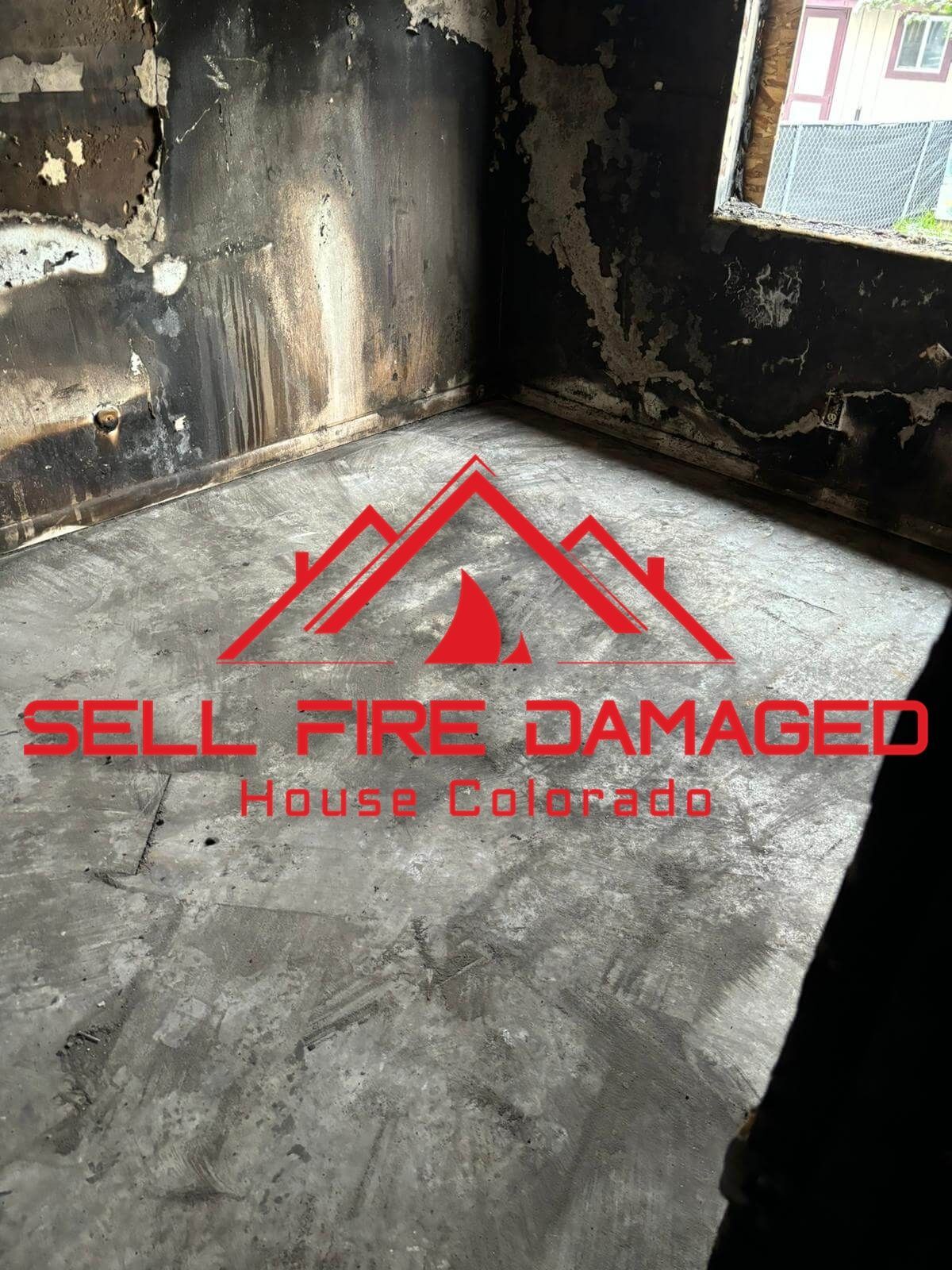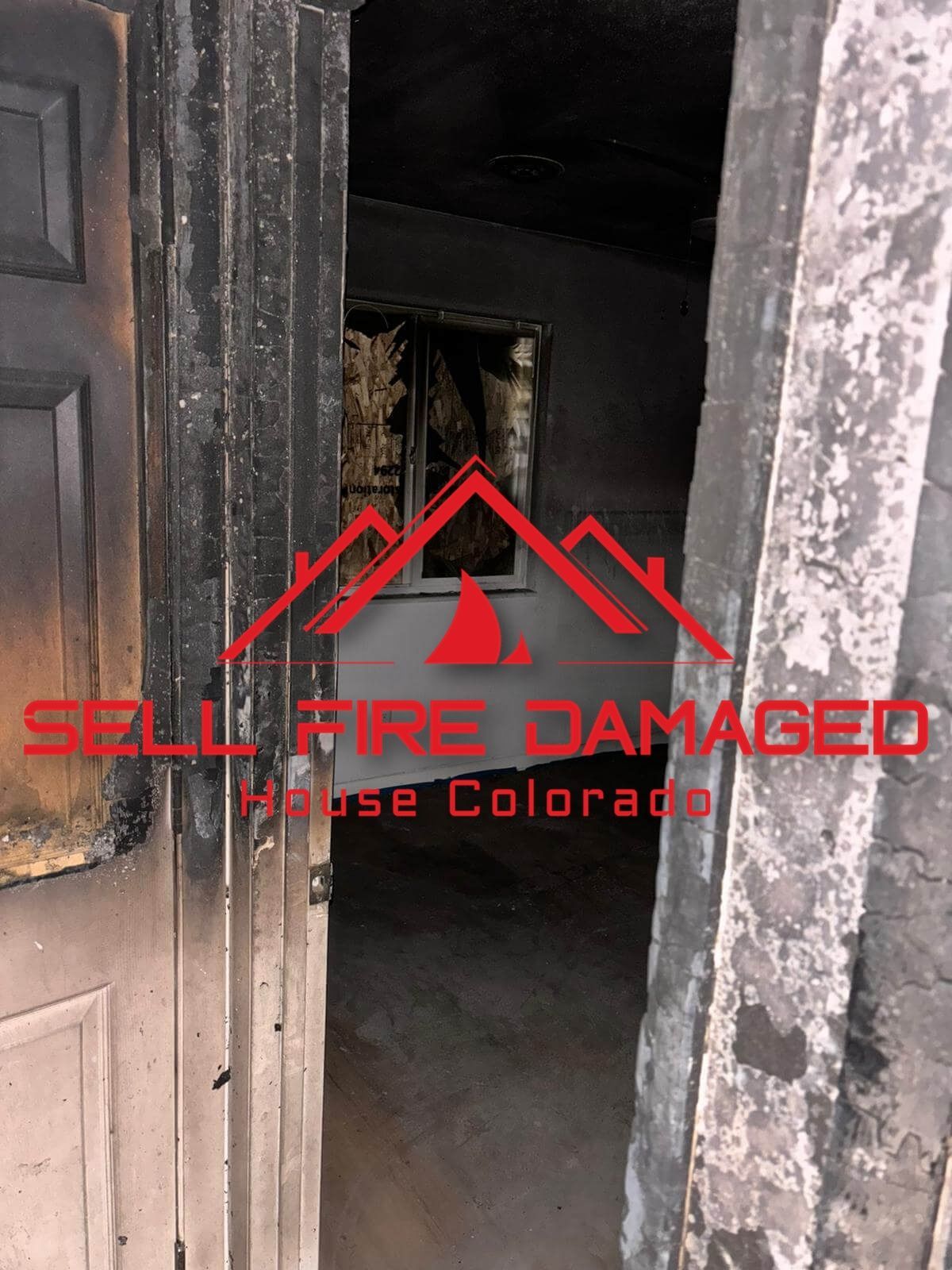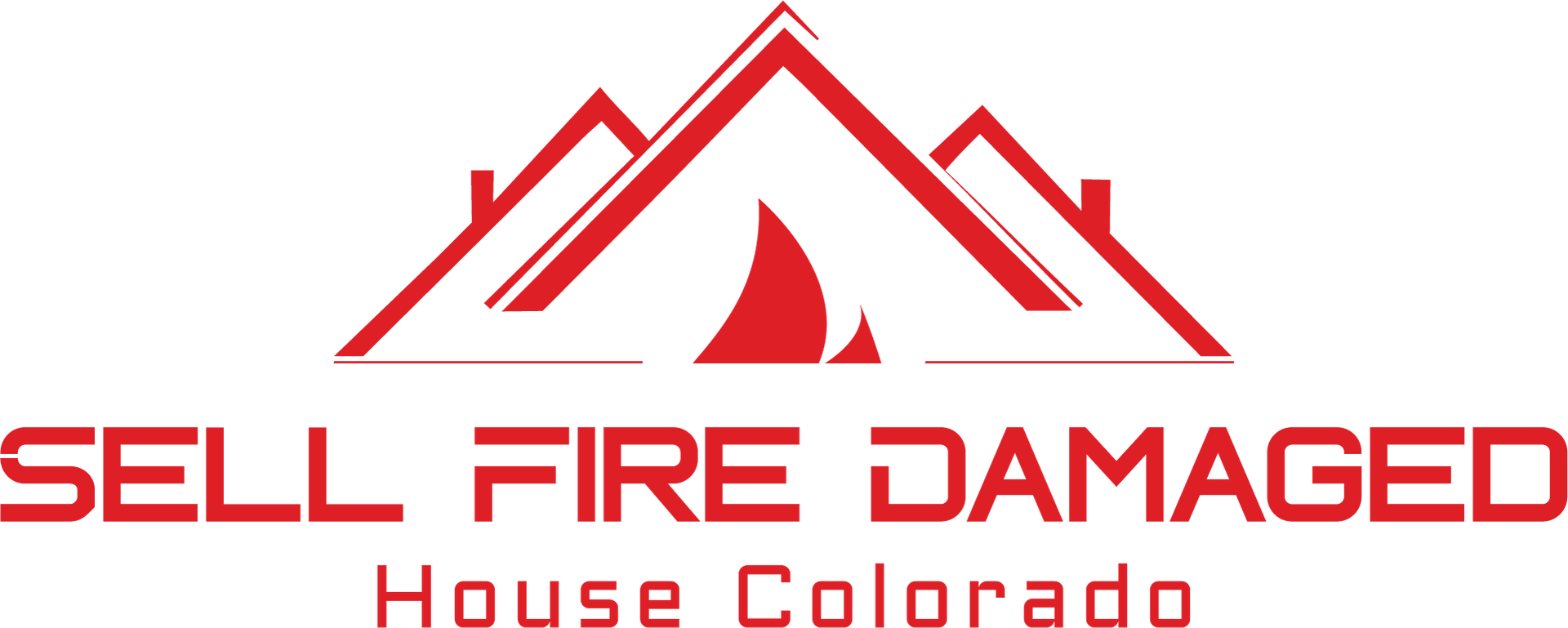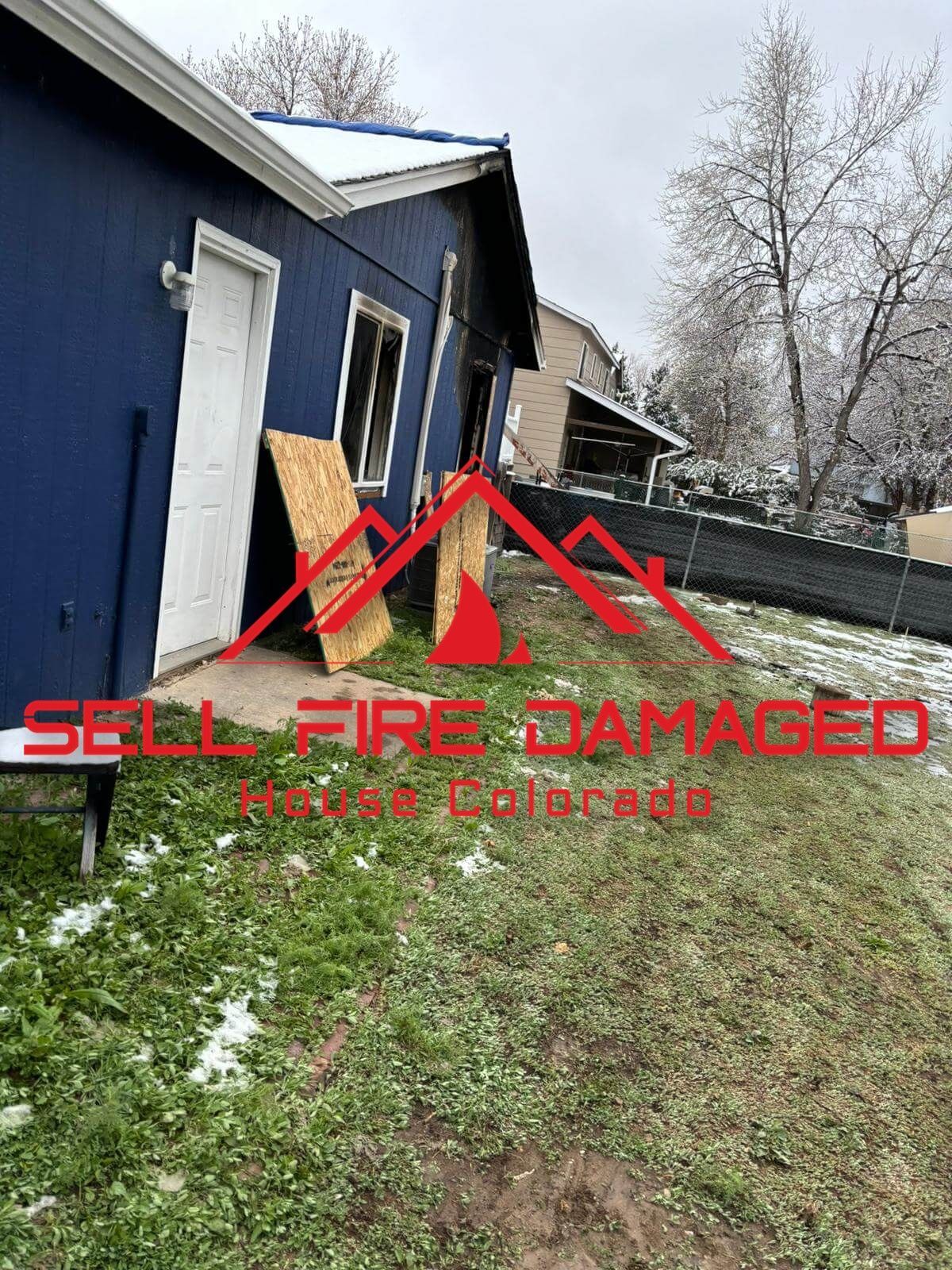Tips For Property Insurance Claims After A Fire In Colorado
Published on July 27th, 2025
Alexander Rivera
AUTHOR
Free Offer Form
After a fire, immediately document all damage with photos/videos and notify your insurer. Colorado law (C.R.S. § 10-3-1104) requires insurers to respond within 15 days and pay valid claims within 30 days—unreasonable delays may violate the state’s Unfair Claims Practices Act. Local regulations like Denver Fire Code (§ 10-36) may impact your claim if violations (e.g., unattended fire pits or improper wildfire defensible space) contributed to the damage. Keep receipts for temporary housing and emergency repairs, as these are typically covered. In cases of bad faith, Colorado allows for triple damages under C.R.S. § 10-3-1116.
Struggling with insurance headaches or facing sky-high rebuild costs in Colorado’s tough housing market? Sell your fire-damaged home to us as-is—no need to wait for settlements or drain savings on repairs. We offer fair cash prices, fast closings (often 7 days), and handle all the paperwork—no cleanup, no stress, just cash in hand.
Filing a fire claim is one of the most important things you should do after experiencing a house fire.
Contacting the insurance company can be more stressful than helpful — but you can pay public adjusters to do the job for you.
But whether you find a public adjuster or not, there are still some things you'll need to do yourself.
This guide will discuss what you need to know to ensure a smooth insurance-claiming process.
Understanding House Fire Insurance Claims In Colorado
Before you handle claims or start paying insurance premiums, you should first understand what a fire damage insurance claim is.
A homeowners insurance policy covers house fires. However, it's a good idea to expand your insurance coverage to increase how much you can get in your insurance claims.
What is an House Fire Insurance Claim
A fire insurance claim is the process of getting compensation from an insurance company for property damage or losses caused by a fire from different sources like the following.
- Electricity (faulty wiring and gas explosions)
- Natural disasters like lightning
- Burst and overflowing water tanks or pipes
However, this type of home insurance normally contains some general exclusions, like the ones listed below.
- War
- Nuclear risks
- Deliberately-set fires
Always ask the insurance company what a certain fire insurance covers before you get it.
The Need for House Fire Insurance Claims In Colorado
A standard homeowners insurance policy already typically has fire insurance. However, you can also get a standalone policy.
A fire insurance policy will cover losses and damages to the interior and exterior of your home, any possessions, and all assets on the property.
Fire damage can be expensive — but having property insurance can protect you in case of an emergency.
Relevant Terms and Jargons
We'll define a few important terms you might hear public adjusters and insurance companies use about fire insurance claims.
- Insurance adjuster - Also called a claims adjuster, an insurance adjuster investigates insurance claims to determine how much a claimant should receive. They do this by inspecting fire damage, speaking to witnesses, and talking to property owners.
Hidden damage - Aside from direct fire damage, your property can suffer from heat distortion and water, soot, and smoke damage.
- Actual cash value (ACV) policy - Actual cash value policies give you the amount you'll need to restore your home (and all its contents) to its pre-fire fair market value.
Replacement cost value (RCV) policy - Replacement policies give you the amount needed to replace the home and its contents, regardless of the value you lost.
House Fire Insurance Claim Tips In Colorado
The process for fire insurance claims is straightforward as long as you present the insurance company with sufficient evidence of the extent of damage and repair estimates.
Document Everything
Document losses by listing everything you lost as soon as possible so you won't leave anything out.
Don't throw anything away since it will serve as proof of loss when the insurance adjuster checks your home and assets for fire damage. Document off-site items as well, such as those you'll put in storage facilities.
It can take a while to inventory every lost or damaged item, so don't sign anything that suggests that what you've submitted has the full amount of your claim.
Instead, when submitting your initial Proof of Loss form, write "undetermined" for the amount.
Note down what the fire department and restoration company say about their estimate of how much the fire damage has cost you. This will also help the insurance adjuster determine how much you should be reimbursed.
Understand Your Policy
Understanding your homeowner's insurance policy helps you negotiate better. The policy includes several components.
- Insurance declaration
- Insuring agreement
- Exclusion
- Conditions
- Definitions
Communicating With Insurance Adjusters
If you feel you cannot handle the claim process yourself, you can hire a public adjuster.
Your insurance company can send you their own insurance adjuster, but you can get public adjusters as outside help if you're not satisfied.
It's important to prioritize effective communication with your adjuster since they'll ensure you get as much of your coverage as you need.
First, meet your public adjuster in person and explain what happened to your house. You should also inform them of what you've done to mitigate damages and point out any hidden damages.
You can ask the insurance adjuster what additional information or documentation you should pass to your insurance company.
How to Negotiate Your Claim
Most homeowners may be unaware of this, but the claim process isn't over until you say so.
Keep the original documents of everything; if the insurance company wants something from you, give them a copy.
If you don't agree with the outcome of the process, build a stronger case and try again. You can request help from public adjusters again to review your case.
Knowing When to Get Professional Help
Your insurance company and the insurance adjuster care about you and your property. However, they have different goals than you.
Insurance companies will want to minimize the amount they give you while you want to get the maximum amount.
As such, you can get a public adjuster who will act as a liaison between you and the insurance company. Public adjusters will work with your best interests, so they'll help you throughout the claims process and reach a good final settlement.
Many public adjusters offer a free consultation.
The Sequential Steps to Filing a House Fire Insurance Claim In Colorado

Public adjusters can help you through the process of filing a fire damage insurance claim. However, it's also important to know the steps yourself.
Initial Task After the Fire: Secure Your Property
One of the immediate actions to take post-fire is to secure your property to minimize additional damage. Put out the fire, smother any embers, and move anything at risk of further damage.
You can contact a fire restoration company to further help you with this.
Filing the Claim: What You Need
Contact your insurance company and start the claims process. Be sure to pass a complete proof of loss form so they can quickly act on your claim, and include the following.
- Date of loss
- Type of loss/damage
- Location of damage
- Related injuries
- Others involved
- Condition of the home
- Description of damaged contents and their value
- Necessary temporary repairs
The Inspection Process: What to Expect
An insurance adjuster will inspect and verify the damages to your house and assets. You might be worried about the impact of fire on property values — but don't worry!
With proper repairs and cleaning, it's very possible to restore your house to its pre-fire value.
Your insurance company can send their own insurance adjuster, or you can hire a public adjuster. Regardless, these professionals are heavily involved in the fire insurance claim process.
The insurance adjuster talks to the claimant, interviews witnesses, researches police or medical records, and inspects your property to see the extent of the damage and the costs of repairing it.
An insurance adjuster will submit their own documentation to the insurance company.
This will include a description of the incident and recommendations for the claim amount.
The Claim Review: Understanding the Process
The law requires insurance companies to work on claims in a timely manner. Some states even give specific timelines.
For instance, California laws state that insurance companies should give a "notice of intentions" within 30 days of receiving a claim. They should also send you payment within that time, assuming there are no issues or disputes with your claim.
You can hire a public adjuster if you can't reach an acceptable settlement.
If the insurance company is taking too long to handle your claim, write them a letter and tell them you're also sending a copy of that letter to the State's Department of Insurance.
Receiving the Payout: What It Involves?
Most insurance companies typically close fire insurance claims quickly, especially in mass disaster situations.
After all, the longer your claim is open, the more likely you'll notice something you overlooked before — like not listing a certain item of value.
Pay close attention to notes that the insurance company might send with your check. For instance, they might write something like, "Acceptance of this payment will close your claim."
Don't feel pressured into accepting this.
Instead, simply cross that out, sign next to it, and send them a letter saying you don't consider the case closed. You can pay for the help of an insurance adjuster to build a stronger case.
Types of Insurance Payouts After a House Fire In Colorado
Aside from knowing how to file a fire damage insurance claim, understanding insurance payouts after fire is also important so you know what you can expect from different insurance policies.
Actual Cash Value vs Replacement Cost: Which Is Best?
Replacement cost value policies are better.
That's because ACV accounts for the depreciation of lost and damaged items.
On the other hand, RCV will reimburse you based on how much it would cost to replace, repair, and rebuild your house and assets at today's prices.
Common Scenarios for Different Types of Payouts
If you have a fridge that was destroyed by the fire and you have an ACV policy, it doesn't really matter if you bought it for $1500. If you've had it for five years, it might be worth only $750 on the day of the fire.
As such, you'll only receive $750 to compensate for it. If you want another fridge that costs $1500, you'll need to pay for the extra yourself.
But if you have an RCV policy, you'll get the exact value of $1500.
Smart Ways to Utilize Your Insurance Payout
There are add-ons and modified insurance policies for RVCs that can help you get the most money for home restoration.
The extended replacement cost coverage is for when a covered peril ends up costing more than your policy limits.
For instance, you have a limit of $400,000 and opt for a 20% extended replacement cost. That means you get $480,000 to rebuild your home (minus any policy deductible).
Meanwhile, a guaranteed replacement cost coverage ensures you'll be able to rebuild or repair your house's original condition — including size, specifications, and finishes.
So, if you have a $300,000 policy limit on your coverage, but the cost of rebuilding is $425,000, the additional costs will be covered.
There's also what's called modified replacement cost value coverage, which is good for homes that are old or historically or architecturally significant.
If such a house was destroyed by a fire, you'll only receive enough money to rebuild or repair it using modern-day materials like standard molding, drywall, and modern fixtures. That means no ornate crown molding, lath and plaster walls, and custom stained glass.

Frequently Asked Questions
Keep reading if you have more questions on filing a fire claim.
How Long Does a House Fire Insurance Claim Take?
The insurance claim process can take weeks or months.
Depending on your state's laws, you should get your payout after a month at most — assuming there are no issues or disputes.
What Evidence Do I Need for a House Fire Insurance Claim?
You'll need to submit a Proof of Loss form, complete with pictures and the information below.
- Date of loss
- Type of loss/damage
- Location of damage
- Related injuries
- Others involved
- Condition of the home
- Description of damaged contents and their value
- Necessary temporary repairs
What to Do if My Claim Is Denied?
Review the denial letter carefully and compare why you were denied with the coverage details in your insurance policy.
If you disagree with it, build your strongest case that includes the information below.
- Detailed evidence of the loss
- Policy information that shows your loss should be covered
- Rebuttal to your insurance company’s denial
- Justifications for that rebuttal
- Supporting documentation and proof
How Much Can I Expect From My Insurance Policy in Case of a House Fire?
How much you can expect from your insurance policy depends on your coverage limit and the type of policy you have.
For example, your bed was destroyed by the fire, and it cost you $1500. If you have an ACV policy, you'll only get what that bed costs now — and it may have depreciated to $750.
But if you have an RCV policy, you'll get the full $1500.
Homeowners insurance normally has four kinds of protection.
- Structural protection - Also called dwelling coverage, this ensures your home is covered in cases of certain disasters.
- Personal belongings protection - As the name implies, this covers personal belongings.
- Liability protection - Also called liability coverage, this covers you for bodily injury or property damage lawsuits you or your family members can receive from other people.
- Additional living expenses - This will cover the costs of living expenses like meals while you're displaced from your disaster-damaged property.
Can I Negotiate My Insurance Settlement?
Yes, you can negotiate your insurance settlement.
You can pass the insurance company more proof that you deserve a higher payout than what they're offering you. You can enlist the help of public adjusters to further strengthen your claim.
Conclusion
Losing your personal property in a fire is a very stressful and emotional event.
However, the first thing you'll have to do is mitigate damage as much as possible. You should also start the insurance claim process by contacting the insurance company.
The company can send you their insurance agent to survey the fire damage and see how much you should get for repair costs.
If you disagree with the outcome, you can hire a public adjuster to work with your best interests and maximize the amount you receive.

